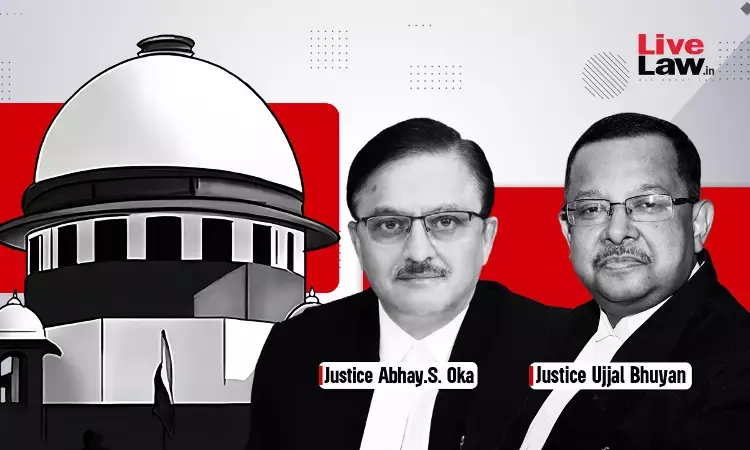Accused Not Obligated To Lead Evidence Of His Innocence Unless Specified By Law: Supreme Court
Gyanvi Khanna
3 April 2024 5:36 PM IST

Next Story
3 April 2024 5:36 PM IST
The Supreme Court, while acquitting a person accused of the offence of rape, observed that the accused does not have to lead evidence to prove his innocence unless the law specifically puts the burden of proof on him. The Court also acknowledged that the accused may have some burden to discharge under Section 114A (Presumption As To Absence Of Consent In Certain Prosecution For Rape)of...
